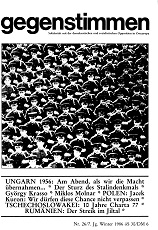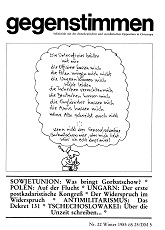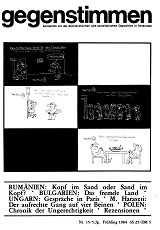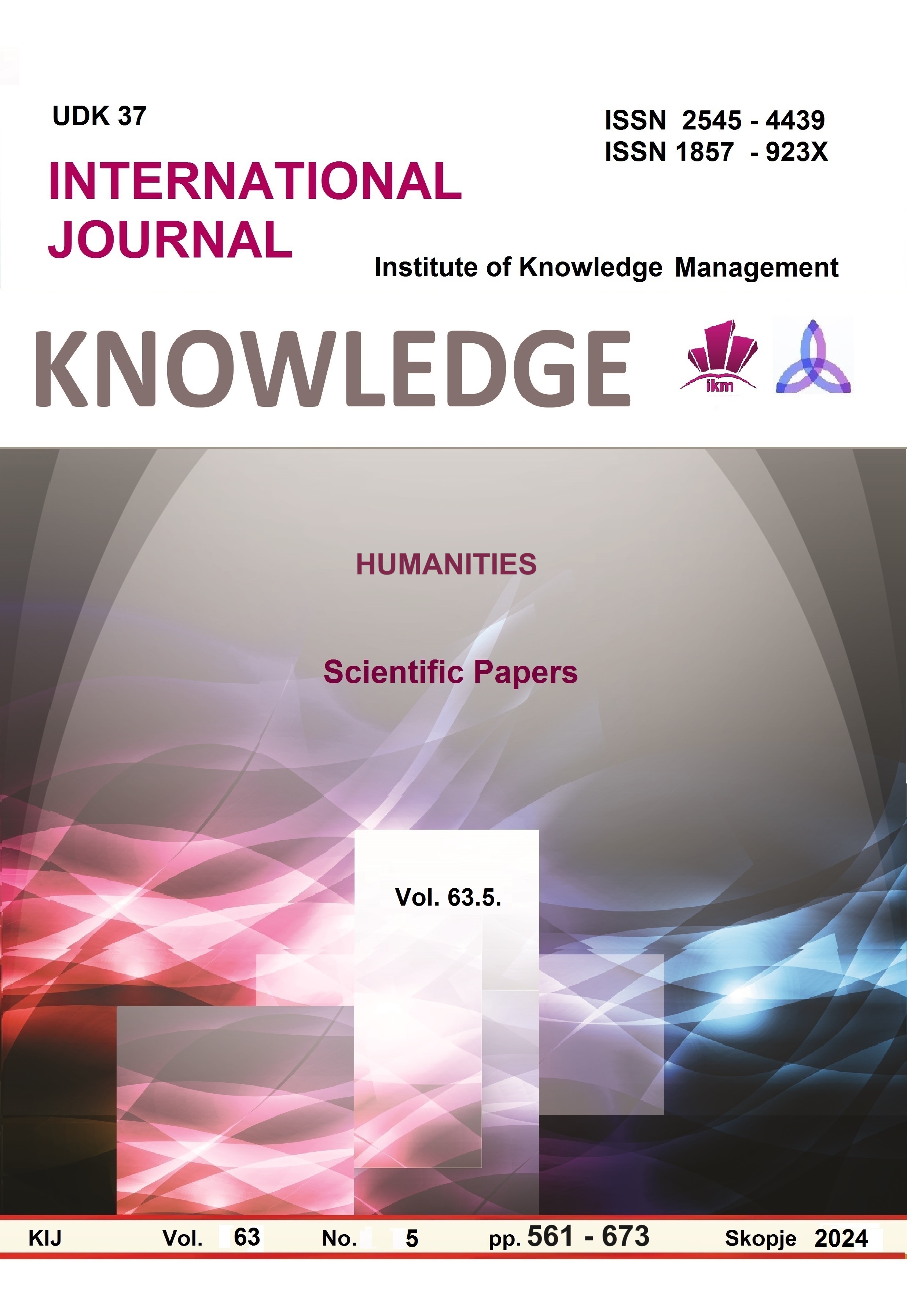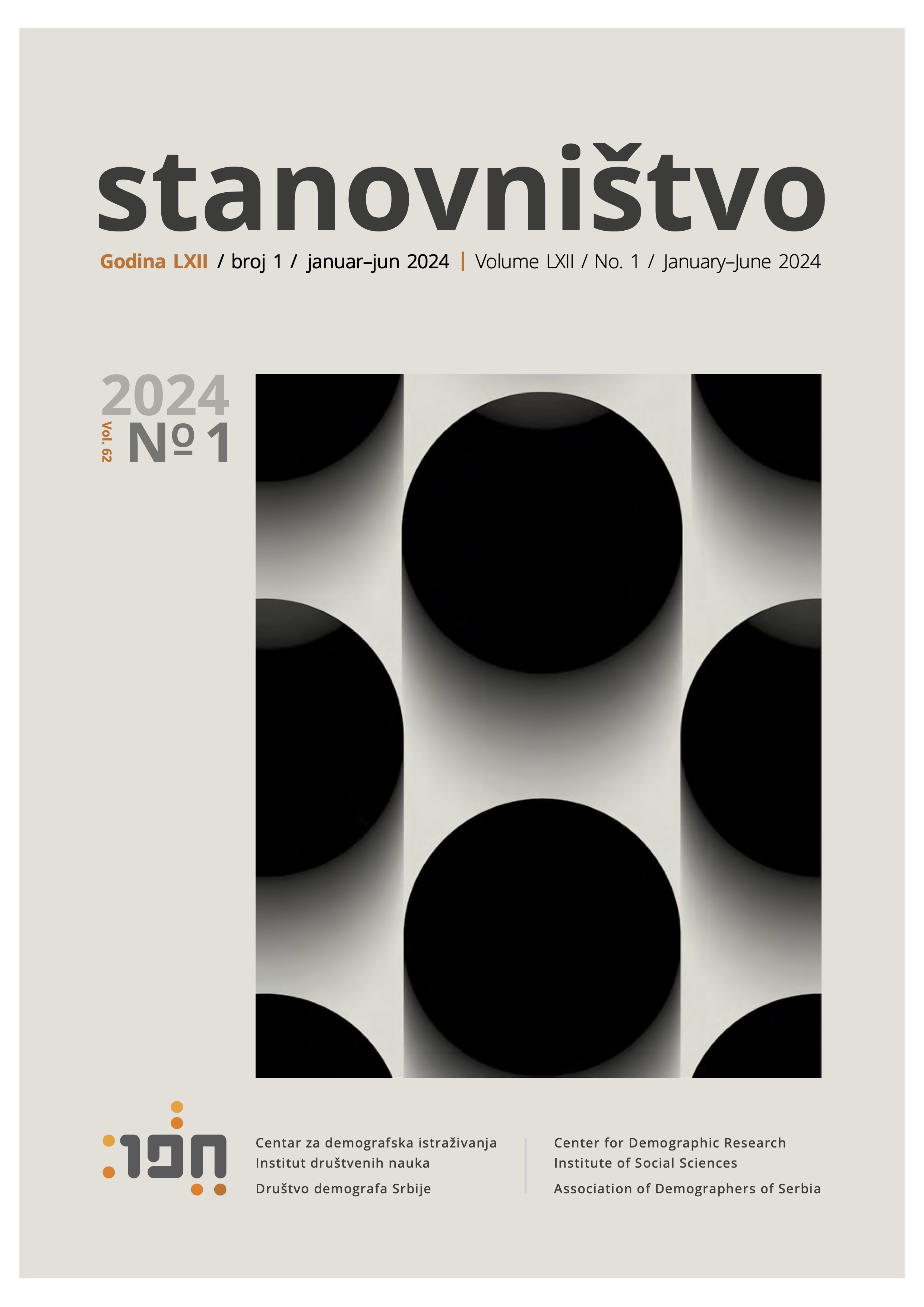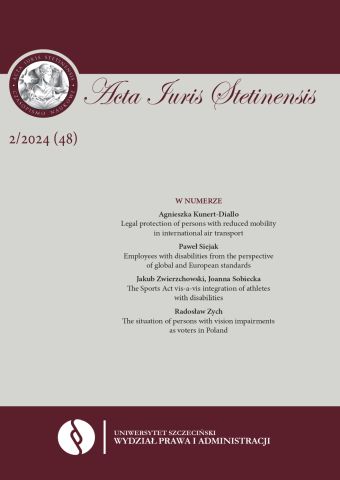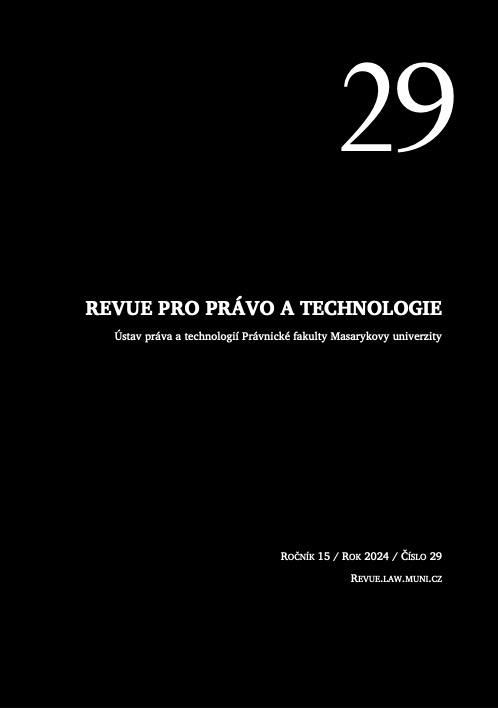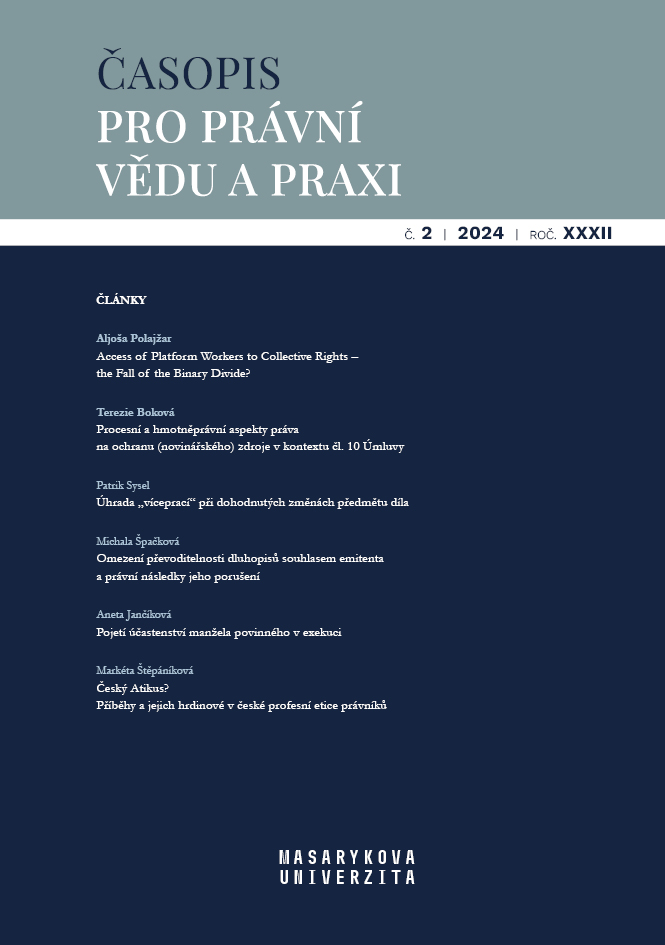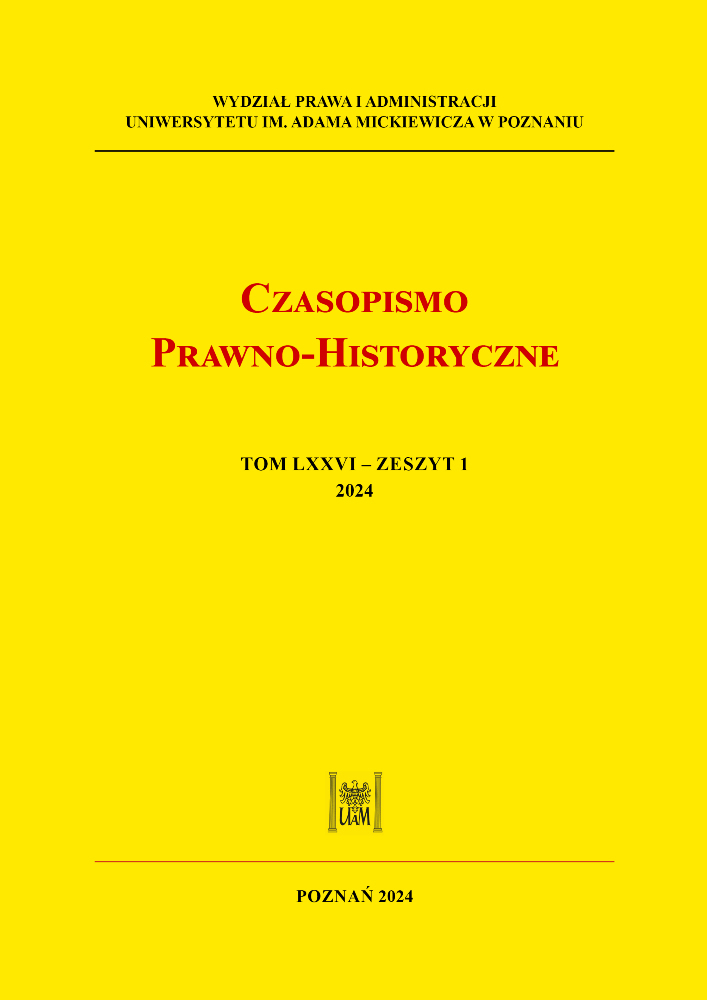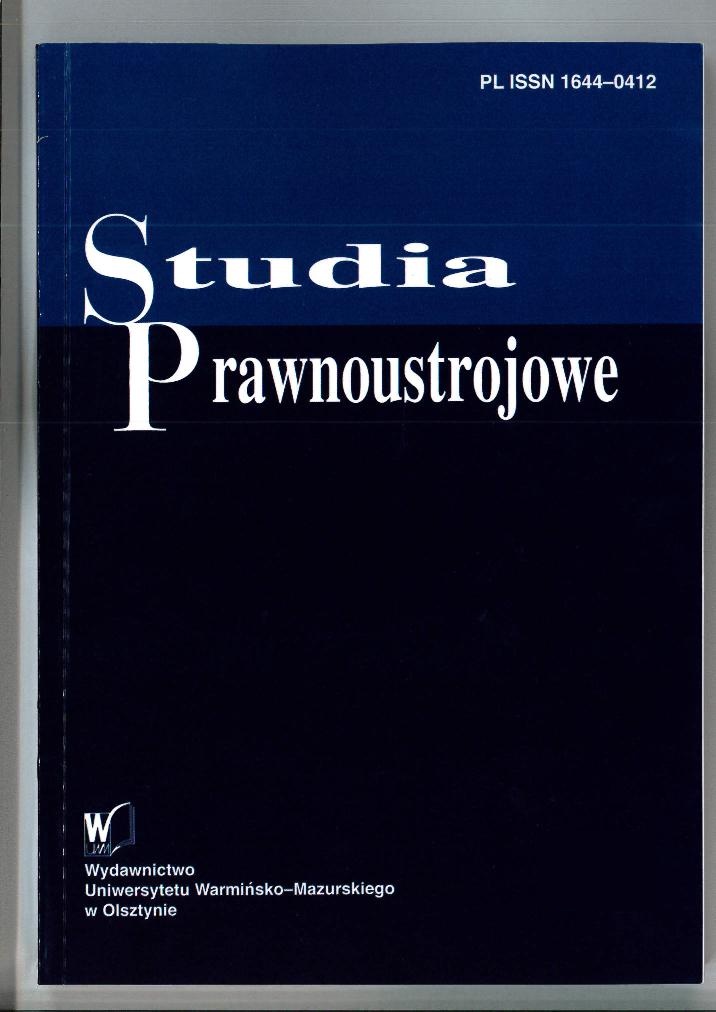Author(s): Amil Brković,Admir Adilović,Darko Pandurević,Branko Ćulibrk,Delila Hasanbegović Vukas / Language(s): Bosnian
Issue: */2024
Godina i period koji su iza nas za sobom su ostavili nekoliko negativnih događaja koji su dali veliki pečat na položaj ljudskih prava LGBTI osoba u Bosni i Hercegovini. Trend koji je vidljiv godinama unazad sve je jasniji i pokazuje da, iako je progres i položaj LGBTI osoba u BiH nezadovoljavajući na svakom dijelu teritorije, postoji sve veća razlika kada govorimo o situaciju između dva entiteta. U proteklih nešto više od godinu dana, u entitetu Republika Srpska, svjedočili smo organizovanom napadu huligana na aktiviste Bh. povorke ponosa u Banjaluci, niz primjera poticanja na nasilje i diskriminaciju LGBTI osoba od strane najviših funkcionera Republike Srpske i javnih ličnosti, organizovanje grupa i nevladinih organizacija sa jasnom anti-rodnom agendom kao i najavama ukidanja „rodnog identiteta” kao zabranjenog osnova u Krivičnom zakonu Republike Srpske, te u drugim propisima. Sva ova dešavanja nije moguće posmatrati u vakuumu i vidljivo je da su ona dio procesa i pokreta koji ima svoje međunarodne partnere i podršku, te su dio antidemokratskih i anti-zapadnih principa, koje vlast u Republici Srpskoj sprovode bez većeg protivljenja opozicije i uprkos porukama međunarodne zajednice koje ostaju limitiranog dometa i efekta. S druge strane, ako procesi u Republici Srpskoj imaju tendenciju ozbiljnog nazadovanja, u entitetu Federacija BiH procesi se najbliže mogu opisati riječju stagnacija. Iako postoje znakovi barem djelimične institucionalne otvorenosti za propise i politike koji se tiču ključnih pitanja ljudskih prava LGBTI osoba, činjenica je da se procesi odvijaju presporo i da se ni na jednom od ključnih pitanja, kao što su regulisanje istospolnih partnerstava, unaprijeđen zakonski okvir za slobodu okupljanja u Kantonu Sarajevo, pristupačno zdravstvo i administrativna pitanja za transrodne osobe ili regulisan govor mržnje, stvari nisu pomjerile u značajnijoj mjeri. Ono što jesu svijetli primjeri su brze i efikasne reakcije tužilaštava, poput onog u Kantonu Sarajevo, kada su se dešavale značajne prijetnje po sigurnost LGBTI osoba, kao u slučaju s početka godine koji će biti posebno obrađen u ovom Izvještaju. Ipak, najznačajniji napredak je ostvaren u Distriktu Brčko, također, početkom ove godine, kada je u martu 2024. Skupština Brčko distrikta, novim izmjenama Krivičnog zakona, uključila krivično djelo javnog izazivanja ili poticanja na mržnju na osnovu seksualne orijentacije i rodnog identiteta (pored drugih novih osnova koje su, također, uvedene). U konačnici, među pozitivnim stvarima je svakako rad i predanost pojedinih državnih institucija na praćenju i promicanju Akcionog plana za unapređenje osnovnih sloboda i ljudskih prava LGBTI osoba u BiH donesenog na državnom nivou. Značajan je rad i razvoj pojedinih kolektiva, formalnih i neformalnih, koji su u proteklom periodu djelovali na području BiH, o čemu će više informacija biti u posljednjem poglavlju Izvještaja. Ipak, na bazi svih prikupljenih informacija, period koji je pred nama obilježiće potreba za zajedničkim djelovanjem svih aktera koji se bave ljudskim pravima u BiH, kako bi se zaustavili regresivni trendovi koji sve više utiču na javni život u BiH i ljudska prava LGBTI osoba.
More...
